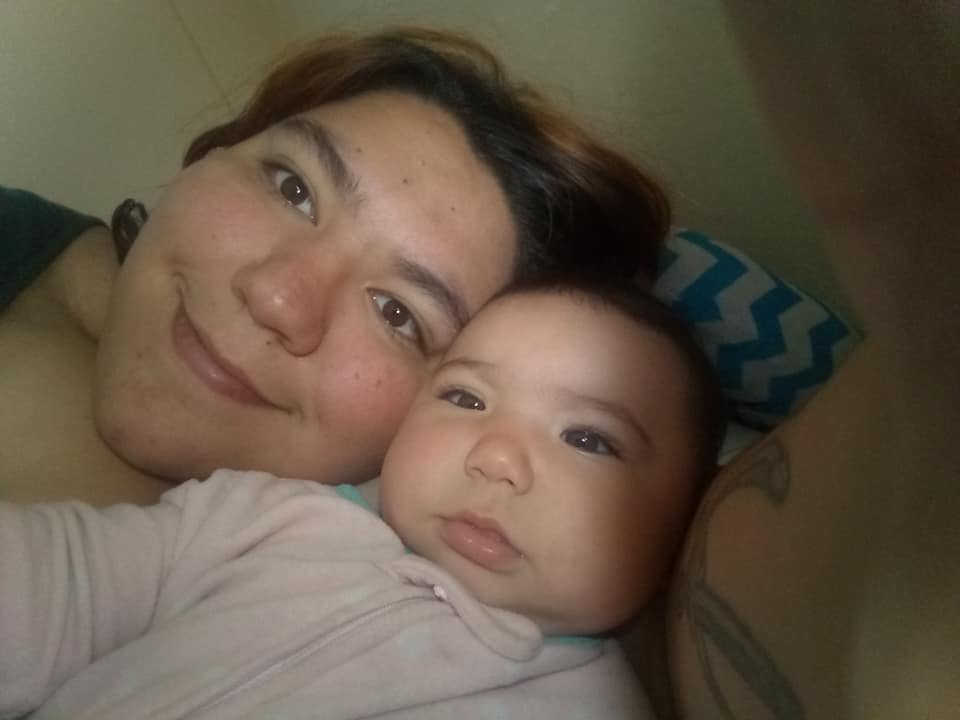by Meghan “ Roadkill” Johnson
Unhoused people are constantly being stereotyped and discriminated against all over the nation, usually by people that have never had to sleep on the street or seek shelter, ever. San Francisco is no exception.
It has become a common practice amongst housed people to repeat misinformation about unhoused people for one simple reason: they know nothing about the obstacles these people face on a daily basis. They know nothing about the struggle. They would rather focus on the negative image of unhoused people rather than why they have been forced to live these lifestyles to begin with.
Support and homeless inclusion starts with firstly, recognizing our city lawmakers and the faulty policies they vote into place are NOT normally in favor of unhoused people. Second, not enough is being done by Mayor London Breed to address the housing and shelter crisis in San Francisco because sweeping people over and over again, further into poverty is not helping. Third, the policies affecting homeless people who are pregnant need to be dramatically changed, and more attention needs to be given to them. At this point not enough is being done.
At the Coalition on Homelessness, Executive Director Jennifer Friedenbach decided to take a stand and represent this forgotten community. On August 1st she wrote an open letter to Jeff Kositsky, director of the Department of Homelessness and Supportive Housing, on the urgency of changing the policies for pregnant homeless individuals.
“San Francisco has a largely invisible homeless population — pregnant people. Because of a gap in San Francisco Emergency Housing policy, they are frequently homeless throughout pregnancy,” Friedenbach wrote. “As policy currently stands, homeless pregnant people only qualify for family shelter, housing or other services only after the third trimester.”
This is completely backwards.
Pregnant individuals experiencing homelessness should not have to wait until their third and final trimester to be able to qualify for housing assistance. The city needs to offer housing to them during their first trimester. Allow them to prepare to bring their baby to stability, to a home. A lot more can be done in nine months versus three, and the city knows that.
Being formerly homeless myself, I can understand the stresses and constant worrying that comes without having shelter, without having a proper home to take and keep your children safe. Right now, the expecting parent(s) must jump through several hoops, including going to a homeless access point. They can be met with roadblocks in paperwork and not enough case worker availability. With everything happening all at once, you can quickly feel powerless and overwhelmed.

Your body is already in survival mode having to experience homelessness. Depression is a normal side effect to have if you are houseless. Many homeless people are on the streets, living with conditions that pose a negative threat to their body. What this means is the homeless individual’s calendar age can drastically and internally accelerate, in some cases even doubling the person’s physical age. Now add the extra stress of pregnancy it becomes a huge risk to the unborn fetus and mother.
By the third trimester the major organs – heart, lungs, brain, etc – have already been formed. If there was a development problem with the fetus, would the homeless individual even have enough time to detect it? Let’s say the homeless, expecting parent(s) learned they had a high risk pregnancy and required bed rest; where would they go so they don’t potentially lose the baby? So many different events could arise. You’re vulnerable to many different health risks in the city.
Questions come flying from every direction. You lose sleep and your health can decline just thinking about them all: Where will I go for prenatal care? Do I have proper insurance? What if I get sick and have a miscarriage or go into pre-term labor? How tight is money right now? Will it be harder to find a job? Do I have enough food to eat? Where will me and baby go after they are born? Will I still be houseless?
Imagine how much stress from living in poverty would be alleviated by having the City actually responding to homelessness with real solutions!
It is imperative that I mention another vital piece of information Jennifer Friedenbach wrote in her letter:
“There are dozens of homeless pregnant people, clearly being documented by service providers like the Homeless Prenatal and Catholic Charities. More than one person has given birth on our streets and other pregnant people are living in tent encampments. Many are sleeping in cars, even doorways. The city’s pregnancy policy as it relates to the homeless family system should be in alignment with current Medi-Cal and CalWorks eligibility, whereby individuals are eligible upon verified pregnancy.”
Help starts with the Homelessness Department moving away from their outdated policy, and following suit with federal policies involving pregnancy, like the agencies mentioned above, Medi-Cal, CalWorks, both federally ruled. By doing this, they will be letting pregnant individuals access adequate prenatal care and housing at ANY stage of pregnancy, not just the third trimester. This would be a complete game changer in our current pregnant policy situation.
Studies clearly show that expectant mothers who are housed have a huge advantage to having and maintaining a healthier pregnancy as compared to the great disadvantage of being houseless and pregnant. A baby given more stable options earlier in life will grow into a healthier, stronger person. This will create a positive effect on the way they grow throughout the different stages of their lives.
To the City of San Francisco, let’s prevent further struggle for our future generations! Support our Unhoused Pregnant People today!

